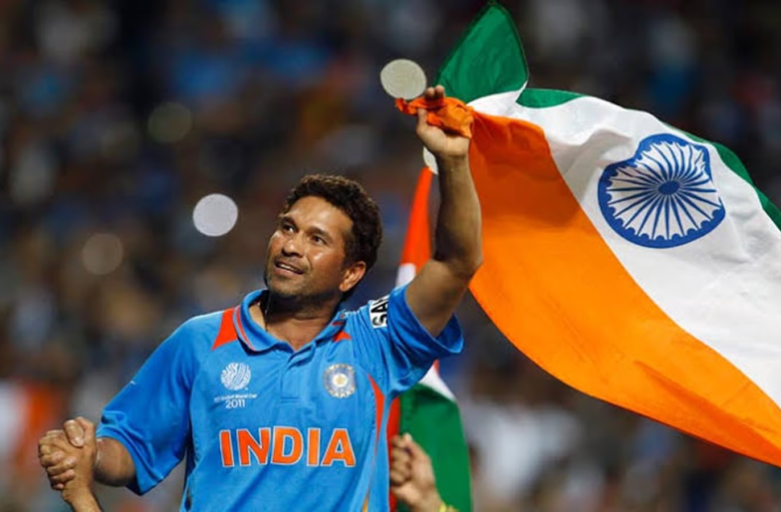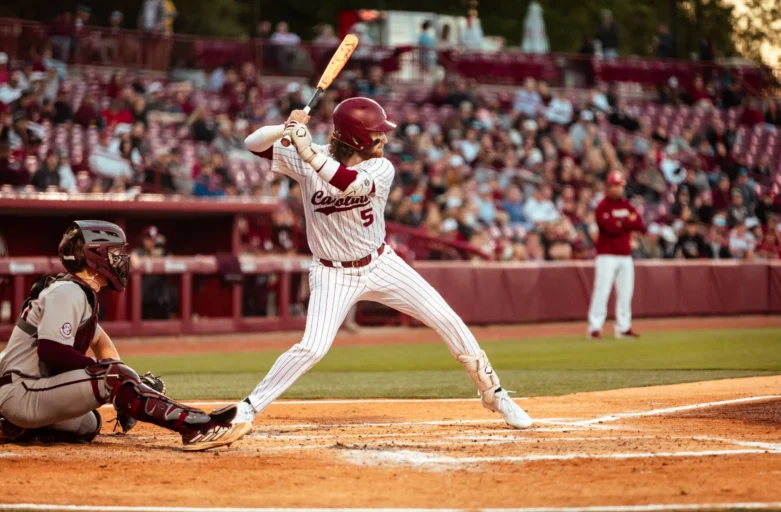In the electrifying world of the Indian Premier League (IPL), where cricket meets entertainment, one team has captured the hearts of fans with their passion, skill, and spirited performances – the Goa Gladiators. Founded in 2010, this franchise has rapidly emerged as a force to be reckoned with in the cricketing arena, showcasing a blend of local talent and international stars under the vibrant Goan spirit.
A Brief History
The inception of the Goa Gladiators marked a new chapter in the IPL, bringing the cricket-crazy state of Goa into the limelight. Initially seen as underdogs, the Gladiators quickly proved their mettle with impressive performances in the early seasons. Led by visionary owners and backed by enthusiastic local support, the team has grown from strength to strength, evolving into a formidable contender in the league.
Team Philosophy and Culture
At the heart of the Goa Gladiators’ success lies a strong team philosophy centered around nurturing talent and fostering a culture of inclusivity. The franchise places a premium on blending experienced players with young, promising talent, providing a platform for emerging cricketers to shine on a global stage. This approach not only builds a competitive team but also creates a sense of unity and pride among players and supporters alike.
Key Players and Contributions
Over the years, the Goa Gladiators have been home to some of the most iconic players in IPL history. From explosive batsmen who light up the scoreboard to crafty bowlers who outfox the opposition, each season sees new stars rise to prominence in the Gladiators’ colors. The team’s commitment to nurturing local talent has produced gems who have gone on to represent their national teams, further cementing the Gladiators’ reputation as a talent powerhouse.
Fan Base and Community Impact
Beyond the boundary ropes, the Goa Gladiators have made significant strides in engaging with their fan base and contributing to the local community. Through various outreach programs, charity initiatives, and fan interactions, the franchise has endeared itself to cricket enthusiasts across Goa and beyond. The Gladiators’ matches are not just sporting events but grand celebrations of cricket, culture, and camaraderie.
Challenges and Triumphs
Like any sports journey, the Goa Gladiators have faced their share of challenges. From rebuilding phases to adapting to new IPL regulations, the franchise has navigated turbulent waters with resilience and determination. Each setback has been met with strategic planning and a commitment to continuous improvement, leading to memorable victories and thrilling comebacks on the field.
Looking Ahead
As the Goa Gladiators continue to evolve, their sights are firmly set on achieving greater milestones in the IPL. With a talented roster, passionate fan base, and a robust support system, the future looks promising for this dynamic franchise. Whether on the field or off it, the Gladiators embody the spirit of Goa – vibrant, resilient, and always ready to conquer new frontiers in cricketing excellence.
In conclusion, the Goa Gladiators stand not only as a cricket team but as a symbol of aspiration and unity in the IPL. With their unwavering commitment to talent development, community engagement, and spirited performances, they have carved a niche for themselves in the hearts of cricket lovers worldwide. As the IPL continues to captivate audiences, the Goa Gladiators remain a shining example of how sports can transcend boundaries and inspire generations.



